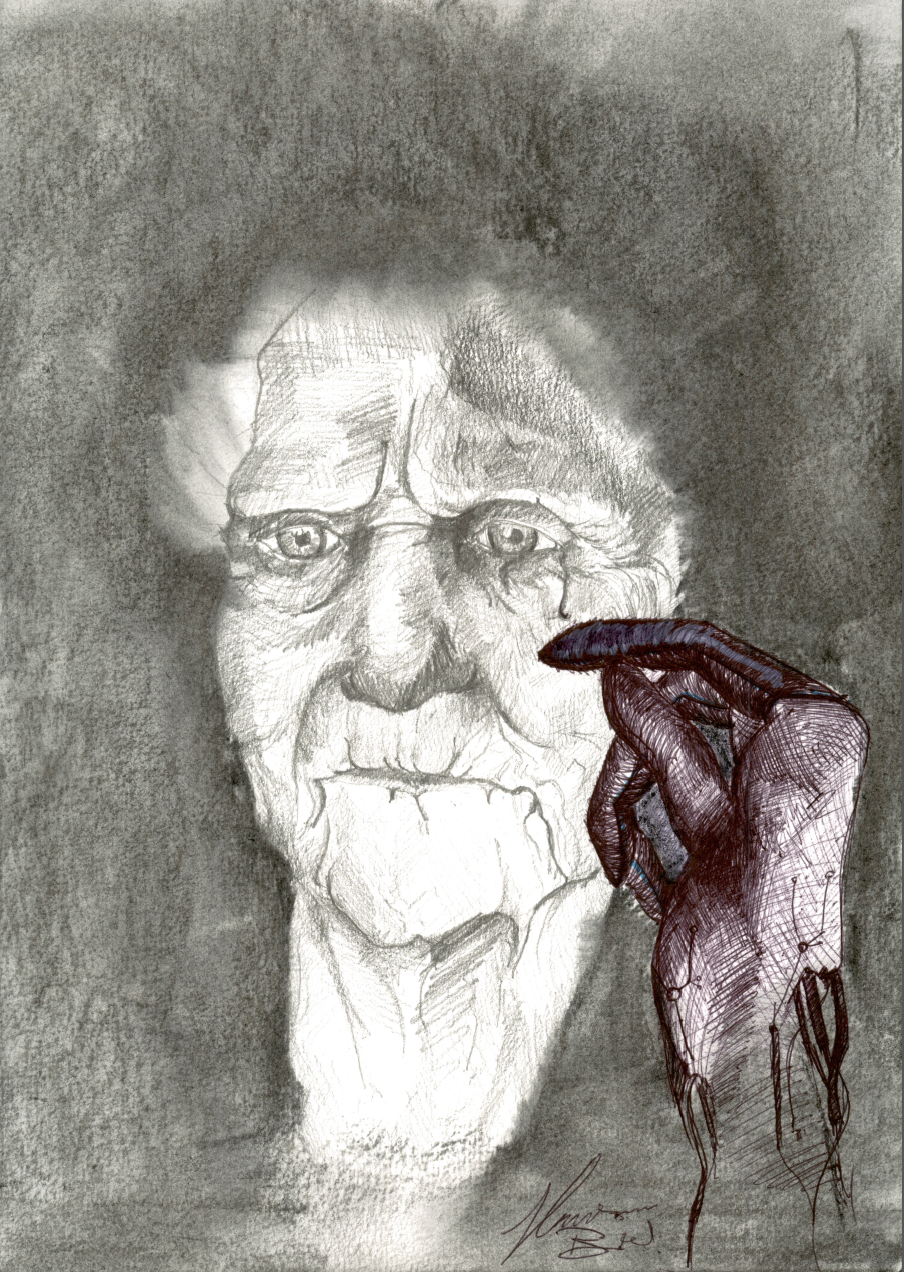
The future is not so far away, it reaches back to us and pulls us forward, change occurs without our awareness, and before we awake to protest, we are trapped. Rage, Pity, Terror, Despair, Remorse and Love are emotions explored in the unique science fiction dystopian future series, Catgut. A poorly paid neurosurgeon facing bankruptcy agrees to use forbidden technology in Rage, a journalist probes too deep into the workings of an Artificial Intelligence staffed aged care facility in Pity, a plague menaces the human race in Terror. Trans consciousness transfer experiments to cure addition in Despair, Remorse explores the tenuous relationship between the past and present, and Love follows clone technology to its inevitable end. Six stories with a twist in the tale, stitched together by a lost material, CATGUT.
Genre: FICTION / SuspenseVery positive reviews for this book from Kirkus and online.
Dystopian futures reveal the universality of primal human emotions in this SF story collection.
Each story in this anthology focuses on people grappling with the consequences of intense emotions. Highlights include “Terror,” in which a father and son living in a subterranean city win a lottery to join a group of citizens headed aboveground to prepare Earth for repopulation. According to their leaders, “the Terror,” defined as having “sharpened pointed” teeth and “catlike” eyes, live on the surface. As part of their pre-ascent orientation, the citizens view frightening images from the past. The leaders manipulate them through the use of special effects (“thunder rolled around the room, so that the very benches they sat on trembled”) so that they’ll uncritically accept the mission. In “Despair,” Skazi, a gambling addict and prisoner, awakens in corporate psychiatric facility Trans-Con, which rehabilitates mentally ill persons by shifting “the consciousness of patients…to primates and returning it back.” It turns out that participation in the program is mandatory, and noncompliance of any kind results in enslavement and exile to another planet for life. A clear concern for humanity, reminiscent of Philip K. Dick’s dystopian fiction, appears throughout all of Falconer’s stories here; their characters start out as victims of their unique situations, as one might expect, but they’re also at the mercy of their own individual flaws, as well. As if to accent the theme of humanity, the stories all distinctively open with the protagonist encountering a specific smell, such as “garlic,” “perfumed floral air,” “roasting coffee beans, “freshly cut grass,” or “sweat, linen, plastic.” Moreover, they all struggle against greater societies where humanity—as a group and as a state of existence—has been diminished, giving the tales an unmistakable feeling of profundity.
A subtle and meaningful collection about humankind under stress.
Freshly cut grass. That’s what they said it was supposed to smell like. The familiar triangle on the packet, the symbol of the nobles, caught his interest as he put the sachet to his nose and inhaled. A strange foreign odour.
He wondered if that was what the smell of grass really was like. And what it would feel like, how it would seem in the natural sunlight. Seth sighed and smiled, moving his food carefully around his plate.
“Hurry up young man,” his father said, smiling at him, "I don't want to be late for the ceremony.”
Seth nodded and reached over to the middle of the table, taking another of the small green pouches, sprinkled it liberally on his food, and then began the joyless task of eating the tasteless root vegetables.
As they finished their meal, he pushed the plate away from him, straightened his smock, and pushed his chair back along the stone floor.
"Decontamination procedure” his father said, “then we best get ready for the ceremony, they’ll be coming to collect us soon."
| Language | Status |
|---|---|
|
Portuguese
|
Already translated.
Translated by Adriana Leal Belmonte
|
|
Spanish
|
Already translated.
Translated by Lidia Norese
|